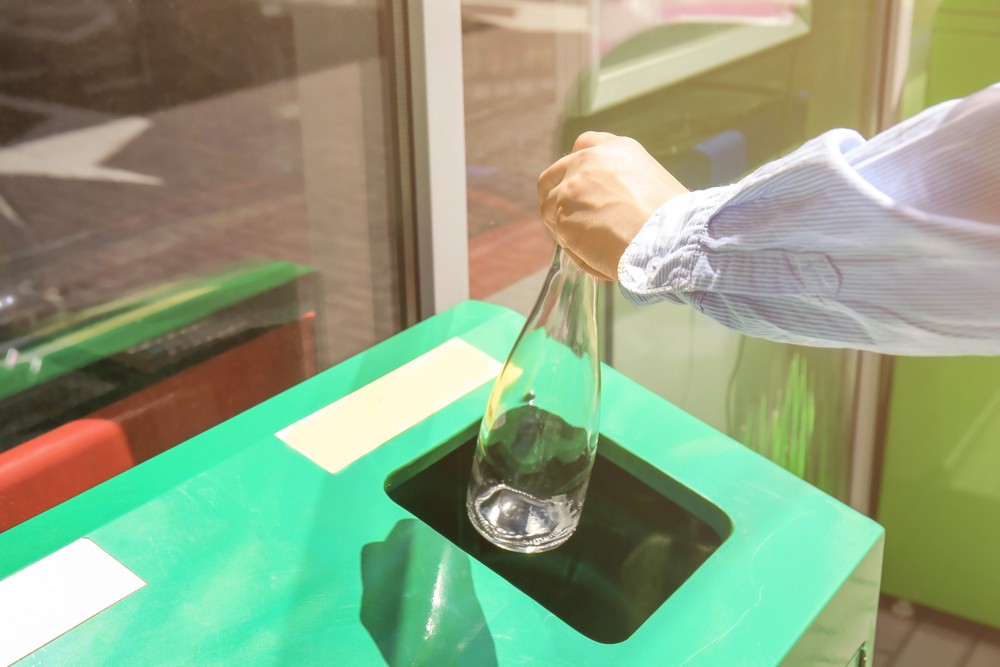Many containers for different types of waste will soon disappear from the streets of cities and towns.
This will be facilitated by the introduction of optical sorting lines for separated waste. Only one container for separate waste and one for mixed municipal waste will remain, Environment Minister Petr Hladik (KDU-ČSL) told Právo.
The media reported that due to the forthcoming law on collecting money for PET bottles and tin cans, there will also be a charge for the disposal of T-shirts and advertising leaflets.
For t-shirts no, I think there has been some information noise raised. But otherwise you are right. We want to change the legislation relating to deposit – in the Waste Act – to charge “hares” whose packaging and other materials end up in separate waste but whose disposal is not paid for. A significant volume of blue bins for sorted paper are leaflets. Their total share is approximately 20-25%. This would make them more expensive for their producers. But if they stop producing them, we would only be happy.
In the case of Czech producers, the manufacturer will pay for this, i.e. the printing house, which will then pass the costs on to its customer. And for foreign ones – the distributor, i.e. the one who places the materials in the distribution network.
Do you have any calculations on how much this will cost retailers?
We don’t have such calculations because we don’t know the exact volume of leaflets they distribute.
Will it apply to anything else besides leaflets?
There are other manufacturers, but we are still discussing them internally. But what I was saying earlier is that deposit is only one part of the circular economy. That in the future it will cover a much larger volume of products, and that we work, for example, with clothing more from the point of view of reusing it in the process of recycling, turning old clothes into new ones.
Does that mean that you want to significantly increase the collection of old clothes, that there will be more bins for them?
I answer the first question in the affirmative. The Waste Act provides for mandatory textile sorting in municipalities from 2025.
But another change is coming in connection with this, namely the reduction of the so-called garbage smog. If municipalities take sorted waste to an optical sorting line, which so far only exists in Brno and Ostrava, but another one is already under construction in Prague and more will be built in the future, we will abandon the system of many specialized containers. In fact, only one container for separate waste and another for mixed waste will be installed. This will not only reduce the smoke from the containers, but will also significantly reduce the cost of the waste collection system, since paper, plastic, clothes, metal, aluminum, etc. can be put into one container.
However, the law primarily deals with a mandatory deposit for iron cans and PET bottles. When will this happen?
The first realistic date is mid-2025. That is the earliest possible implementation date. I repeat, the earliest, because it depends on how the legislative process goes and how the retailers are prepared.
And how much will be the deposit for these plastic bottles and iron cans?
Four to five Czech crowns.
For a glass bottle it is now three crowns and there have been calls from breweries to increase the deposit amount. Will it be raised?
We want to keep the three crowns. We would like to highlight it because glass is the most environmentally friendly container. A glass bottle is returned up to 20 times by distributors, it lasts for about five years. Twenty times a beer bottle is returned, washed and refilled again. While plastic or aluminum packaging is removed, shredded and made into new packaging again.
Source: novinky.cz


















